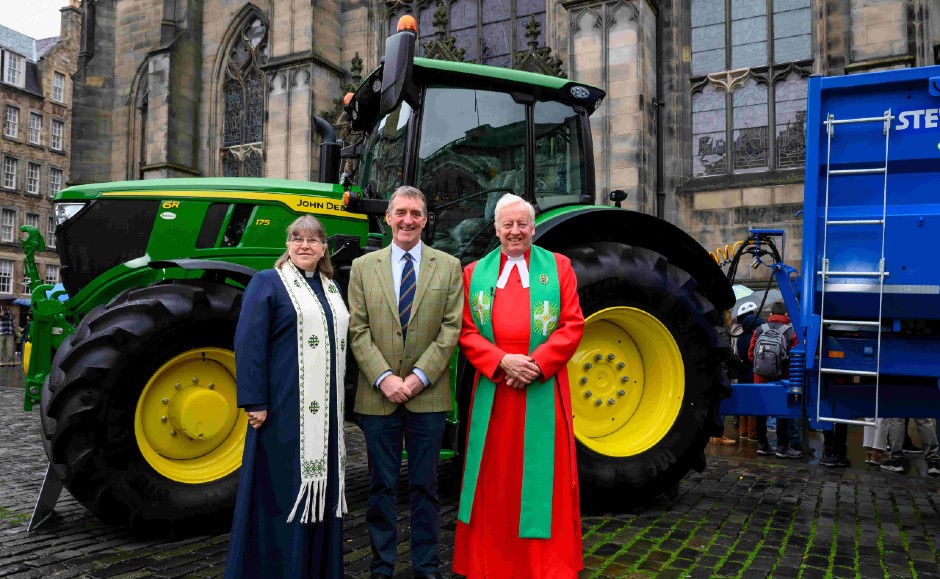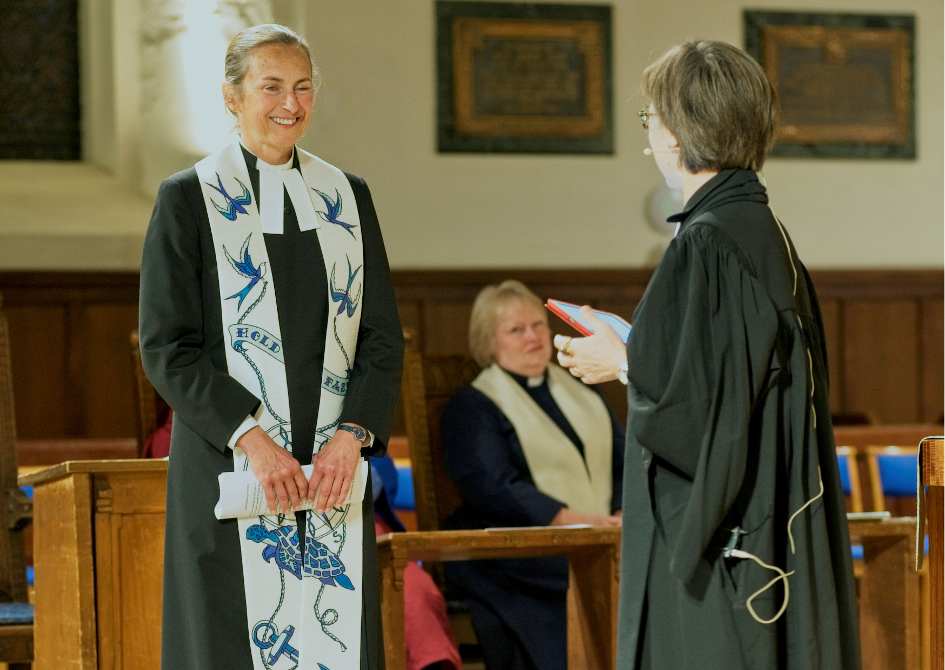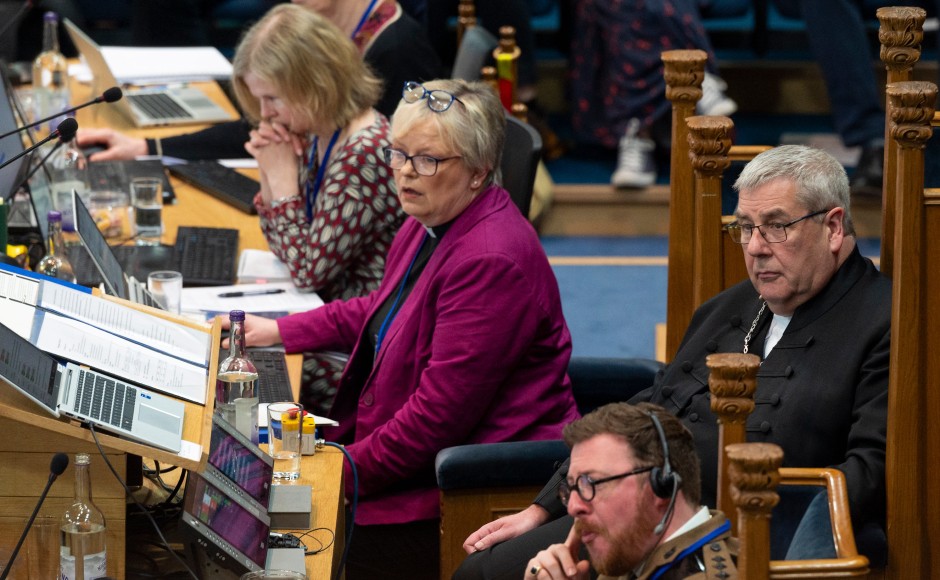Kirk produces new guide to support Bible study and worship in Gaelic
Published on 10 August 2020
The Church of Scotland has created a new guide for Gaelic speakers and learners which will particularly support worship leaders who want to use the language with confidence.

Described as a guide to biblical and ecclesiastical language, the booklet will also more generally aim to help anyone who wants to engage in Bible study or follow sermons more easily.
It arrives against the backdrop of a study released last month by the University of the Highlands and Islands warning that the Gaelic language will decline unless it is used more in everyday conversation and at home.
Church Gaelic
The booklet has been compiled by the Kirk's Gaelic Language Development Officer Dr Duncan Sneddon, and has also been supported by a range of academics and Gaelic speakers.
Speaking about the booklet Dr Sneddon said: "There are a lot of people who speak Gaelic quite well or even fluently, but aren't confident in their grasp of ‘church Gaelic'.
"‘Church Gaelic' or ‘Bible Gaelic' is increasingly distant from the everyday spoken language, for younger people in particular.
"This handbook should help people gain confidence in using their Gaelic in worship and Bible reading.
"I'm also happy to take suggestions for future editions, so if there's something you think would be useful that isn't in there, let me know."
Those who could benefit from the guide include people who grew up speaking the language but were discouraged from using Gaelic in formal contexts such as church or school, and others who may have become out of practice when they moved to English speaking areas.
People learning Gaelic for the first time as adults may also be interested in sharing their Christian faith in the language.
Preaching the Gospel
The booklet states its goal is to encourage people to "bring their gifts to the church and use their Gaelic for the preaching of the Gospel and the work of the Kingdom."
Sections include advice on using different translations of the Bible alongside key differences between them, a glossary of relevant words, and notes on potentially difficult grammar used within the Gaelic Bible.
More broadly there is guidance on the numbering system for biblical references and sung worship, terms for different denominations and celebrations within the Christian calendar, and recommended websites for further material.
Although presented as an online document, it has been formatted to be easily downloaded, printed and read.
Accessible resource
Very Rev Dr Angus Morrison, who is a Gaelic speaker, said: "I warmly welcome this valuable new handbook, aimed at supporting and building confidence in the use of Gaelic in worship and Bible study.
"This is an exciting and accessible resource for which many have been waiting. I encourage its widest possible use."
Parts of the Bible were first translated into Gaelic in the 17th century but the first full translation wasn't produced until 1807.
Gaelic during lockdown
During lockdown some local churches, such as Fort William Duncansburgh MacIntosh Parish Church, have successfully moved online for Gaelic Bible study and services, which has led to people taking part from countries as far away as Argentina.
Due to popular demand the Gaelic Bible study group has now split into a beginner and more advanced level, and is now attended by several ministers and readers from the Church of Scotland, and even two ministers from the United Church of Canada.
Meanwhile Lochs-In-Bernera and Uig Churches of Scotland, led by Rev Hugh Maurice Stewart on Lewis have been hosting an online Sunday School in Gaelic.
You can find the new Gaelic booklet on the Church of Scotland's website as well as a list of churches who are providing services in Gaelic online.
Each week during the Coronavirus pandemic we have been publishing an ecumenical prayer on our website which is also published in a Gaelic translation. If you would like to be sent the Gaelic translation directly please contact Duncan Sneddon.


